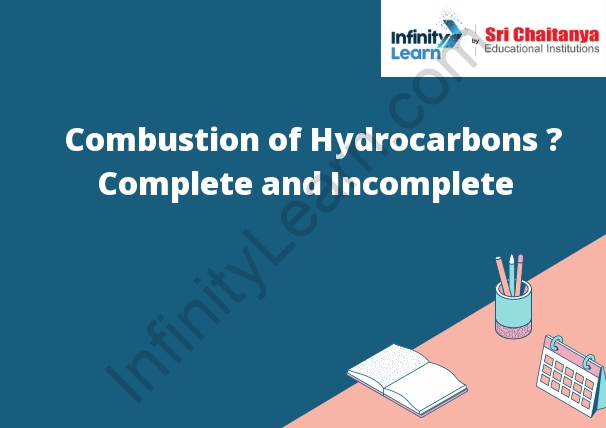Table of Contents
Combustion of Hydrocarbons Alkanes
The combustion of hydrocarbons is a very complex process that involves the oxidation of the hydrocarbon fuel in the presence of oxygen to produce carbon dioxide and water. The reactants and products of the combustion of hydrocarbons can be illustrated by the following equation:
C n H 2n+2 + O 2 → CO 2 + H 2 O
In the combustion of hydrocarbons, the reactants are the hydrocarbons and the oxygen in the air. The products are carbon dioxide and water. The process of combustion is initiated by the heat of the reaction. This heat causes the hydrocarbons to react with the oxygen in the air to produce carbon dioxide and water.

Complete Combustion of Alkanes
The complete combustion of an alkane molecule occurs when the hydrocarbon is heated with an oxidizing agent, such as oxygen gas. The process of complete combustion produces carbon dioxide gas and water vapor. Incomplete combustion of alkanes can produce pollutants such as carbon monoxide and unburned hydrocarbons.
The complete combustion of an alkane molecule begins with the breaking of the hydrocarbon molecule into individual atoms. The atoms are then rearranged into new molecules, including carbon dioxide gas and water vapor. The energy released by this process is used to heat the surrounding material, such as air or other fuels.
Incomplete Combustion of Alkanes
Incomplete combustion of alkanes can occur when a hydrocarbon fuel is not completely burned in an engine or other device. When this occurs, some of the unburned hydrocarbons are released into the environment as pollutants. These pollutants can cause a variety of problems, including smog, acid rain, and global warming.
Combustion of Hydrocarbons (Alkene)
In the combustion of hydrocarbons, the hydrocarbons react with oxygen gas to produce carbon dioxide gas and water vapor. The reactants and products are shown below:
Reactants: hydrocarbons (alkene) + oxygen gas
Products: carbon dioxide gas + water vapor
Types of Combustion
There are three types of combustion:
1. Homogeneous combustion
2. Heterogeneous combustion
3. Diffusive combustion






